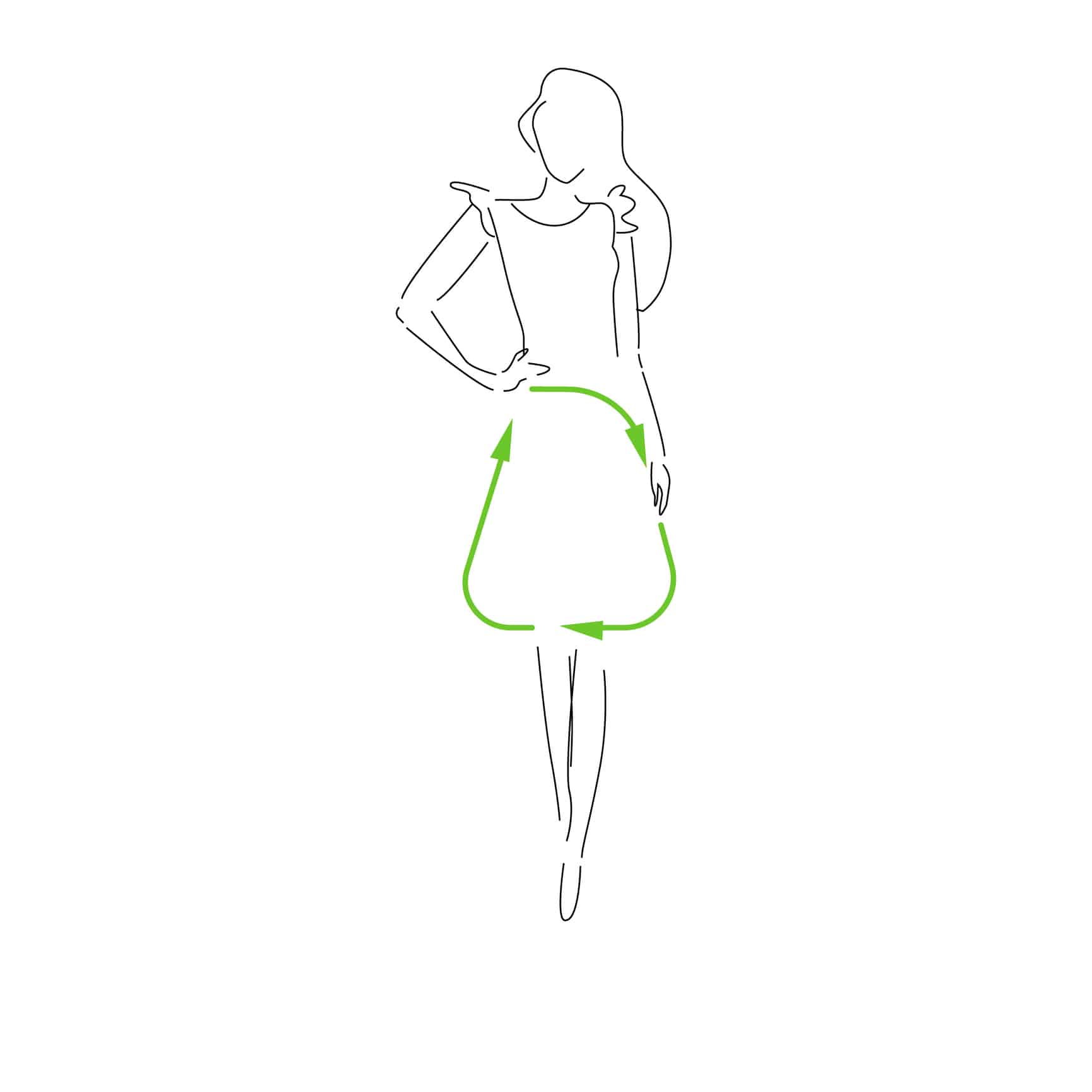A costume designer is the person responsible for designing the clothes and costumes for theatre, film or television productions. Costume designers possess a similar skill set to fashion designers. The only difference is that they must also meet the unique demands of designing clothes for theatre or film.
If you would like to pursue a career as a costume designer, it’s worth getting familiar with the full scope of the job position. Keep reading to find out what a costume designer does on a daily basis, what they earn, and how to become a costume designer.
Here are the typical day-to-day tasks of a costume designer:
Of course, your roles and responsibilities will vary depending on the production and your employer. However, these are the general roles a costume designer will be expected to fulfil.
These are the skills you will need to make it as a successful costume designer.
Salaries vary according to location, employer, and your level of experience. The average pay for a starting costume designer is approximately £13,000 per year. For an experienced costume designer, you can expect to earn between £18,000 and £28,000 per year. Highly experienced costume designers can earn up to £35,000 per year.
When you’re beginning your career in costume designing, you may need to start at a lower salary and work your way up the ladder to earn a higher income.
1. Learn the Craft
You can’t be a costume designer until you know how to draw, sew, and possess extensive knowledge of fashion and its history as a whole. While you don’t need a degree to become a costume designer, you will need some type of qualification in order to learn the trade and show employers you are capable.
You can get into this job through a university course or college course in fashion, costume design, theatre design, or textiles.
Another way to hone your skills is to get an internship or find a mentor who can teach you the craft.
2. Get Hands-On Experience
Hands-on experience is invaluable in any professional, but especially in costume design. It’ll give you a taste of the nature of the work. You’ll be able to see just how much you enjoy the job and whether you’re ready to pursue a career in costume designing.
Regardless of educational background, most costume designers begin their careers as assistants in either film wardrobe departments or costume design shops. It really doesn’t matter where you start, you just need to get some hands-on experience to show future employers you’re capable.
It’s always an excellent way to put together portfolios that showcase a wide range of costumes you have designed.
You could also get relevant experience by volunteering in the theatre, film, or costume industry through:
3. Create a Memorable Portfolio
Since costume design is a visual and creative career role, it’s essential to create a portfolio that shows off your skills as an artist.
First, offer your services for free or at a very low rate just to get experience and photography to feature in your portfolio. Qualifications mean nothing if you have nothing to show from your incredible work.
Create an extensive portfolio of only your best work – and make sure it’s diverse, so you can show employers and potential clients that your abilities stretch beyond one sector. It’s always good to show your diversity as a costume designer so you can get as much work as possible.
You could even ask family members and friends to volunteer for photography sessions. Simply pick a theme, dress them up, and shoot! The key is to display your designing abilities and knowledge of fashion.

Costume designers have a fun, dynamic, and rewarding job role. Every day is something creative and exciting. Like most careers, you will have to start at the bottom and work your way up to land more prosperous opportunities. However, it will be worth it if designing is your true passion. You’ll be able to do what you love every day!
| Cookie | Duration | Description |
|---|---|---|
| cookielawinfo-checbox-analytics | 11 months | This cookie is set by GDPR Cookie Consent plugin. The cookie is used to store the user consent for the cookies in the category "Analytics". |
| cookielawinfo-checbox-functional | 11 months | The cookie is set by GDPR cookie consent to record the user consent for the cookies in the category "Functional". |
| cookielawinfo-checbox-others | 11 months | This cookie is set by GDPR Cookie Consent plugin. The cookie is used to store the user consent for the cookies in the category "Other. |
| cookielawinfo-checkbox-necessary | 11 months | This cookie is set by GDPR Cookie Consent plugin. The cookies is used to store the user consent for the cookies in the category "Necessary". |
| cookielawinfo-checkbox-performance | 11 months | This cookie is set by GDPR Cookie Consent plugin. The cookie is used to store the user consent for the cookies in the category "Performance". |
| viewed_cookie_policy | 11 months | The cookie is set by the GDPR Cookie Consent plugin and is used to store whether or not user has consented to the use of cookies. It does not store any personal data. |
Create your free account and begin your sustainability journey.

